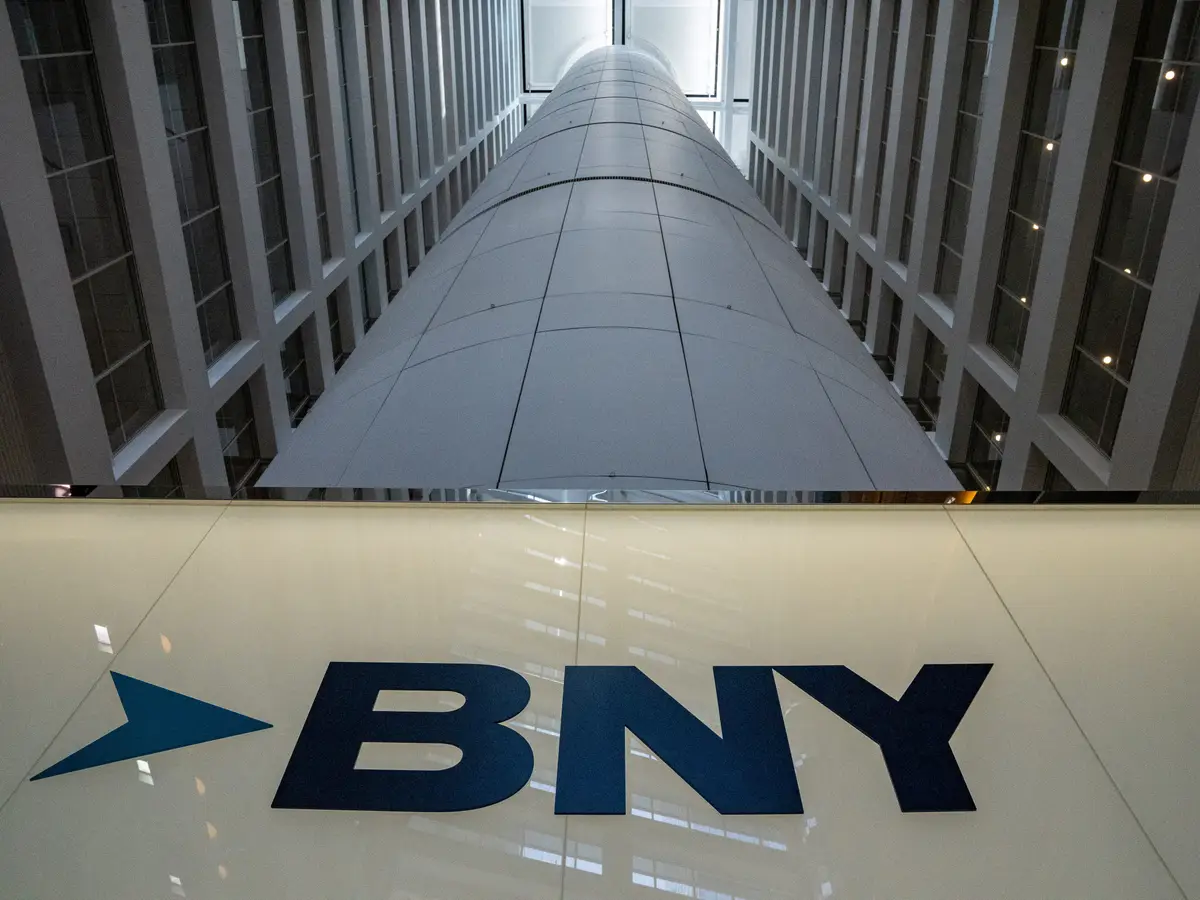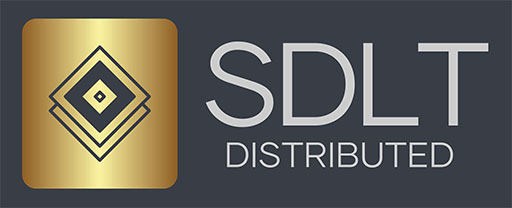
BNY Mellon Advances Toward Tokenized Deposits In Blockchain Payments Initiative – FinanceFeeds
BNY Mellon, one of the world’s largest and oldest custodian banks, is taking a significant step toward integrating blockchain technology into its core payment infrastructure. The financial giant has begun testing tokenized deposits—digital representations of traditional bank deposits issued on a blockchain—to streamline global payments and settlements. This move positions BNY Mellon at the forefront of banking innovation as the industry explores blockchain’s potential to modernize legacy financial systems.
According to reports from Bloomberg and CoinDesk, the pilot project is being led by BNY Mellon’s treasury services division, which processes around $2.5 trillion in payments daily. The initiative aims to enable clients to conduct blockchain-based payments with improved transparency, speed, and efficiency. By leveraging tokenized deposits, BNY Mellon hopes to bridge the gap between traditional financial systems and distributed ledger technology (DLT).
Modernizing payments through blockchain integration
Carl Slabicki, co-head of global payments at BNY Mellon, emphasized that tokenized deposits are part of a broader modernization effort within the bank’s treasury and payments infrastructure. The system is designed to make transactions more efficient by allowing on-chain movement of cash alongside tokenized assets, such as securities or funds, creating a seamless digital financial ecosystem.
Industry analysts note that tokenized deposits differ from stablecoins in key ways. While both serve as digital representations of value, tokenized deposits are backed by funds held in traditional bank accounts and issued by regulated financial institutions. This distinction makes them more suitable for institutional adoption, offering enhanced security, compliance, and trust.
BNY Mellon’s exploration of tokenized deposits is viewed as a natural progression from its earlier blockchain initiatives. In August 2025, the bank was appointed custodian for OpenEden’s tokenized U.S. Treasury Bill fund—a milestone that demonstrated its commitment to supporting regulated, blockchain-based financial products. This latest step indicates a broader vision to bring blockchain into the mainstream of financial operations.
Growing institutional interest and regulatory momentum
The initiative comes as global regulators and financial institutions increasingly explore the tokenization of deposits and assets as a way to improve the efficiency and resilience of financial markets. The Bank of England, for instance, has encouraged UK banks to experiment with tokenized deposits as part of its roadmap toward a potential digital pound. Similar discussions are taking place among central banks and policymakers in the U.S. and Europe.
Industry observers say BNY Mellon’s approach reflects a growing recognition that blockchain technology can complement, rather than replace, existing banking systems. Tokenized deposits could become a critical component in enabling faster cross-border payments, reducing counterparty risks, and supporting 24/7 settlement across jurisdictions.
While BNY Mellon has not disclosed a public launch timeline, sources close to the project indicate that the tokenized deposits remain in a pilot phase. Pending regulatory approval and technical validation, a wider rollout could occur in the coming year. The initiative underscores the bank’s long-term vision to fuse institutional trust with blockchain efficiency—an evolution that could redefine how global money moves in the digital era.
